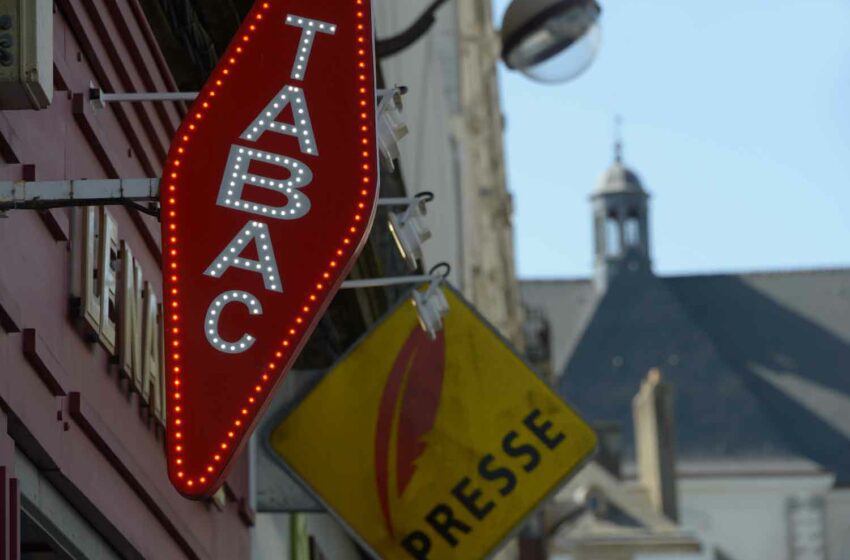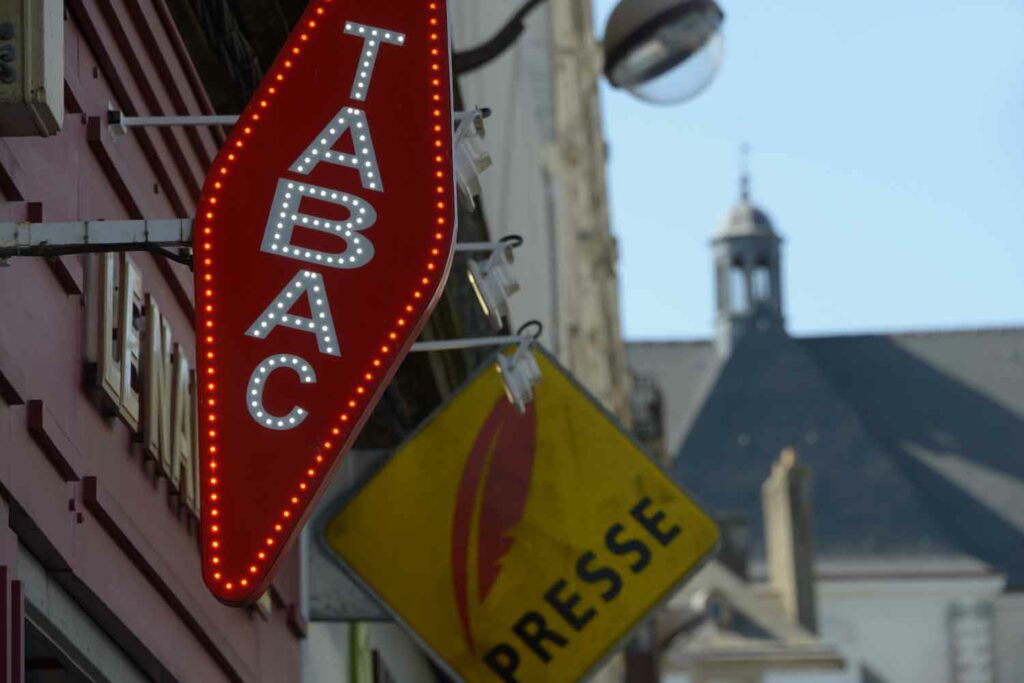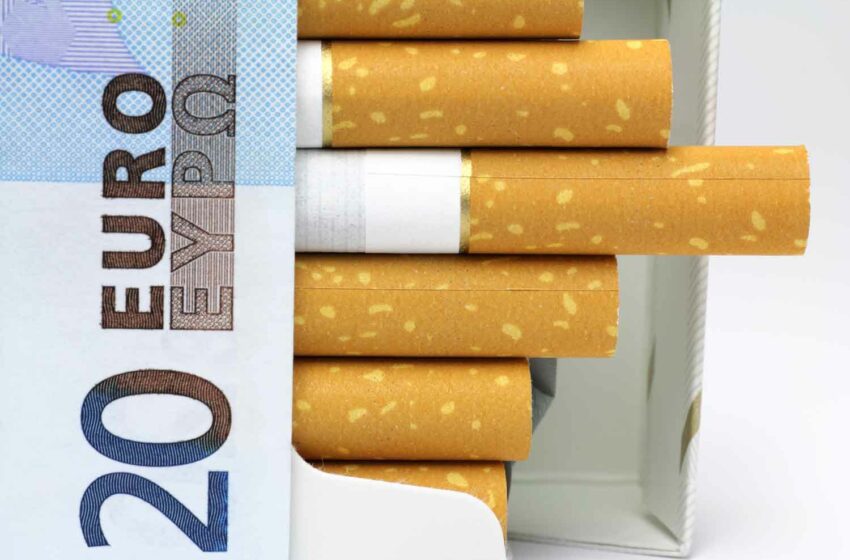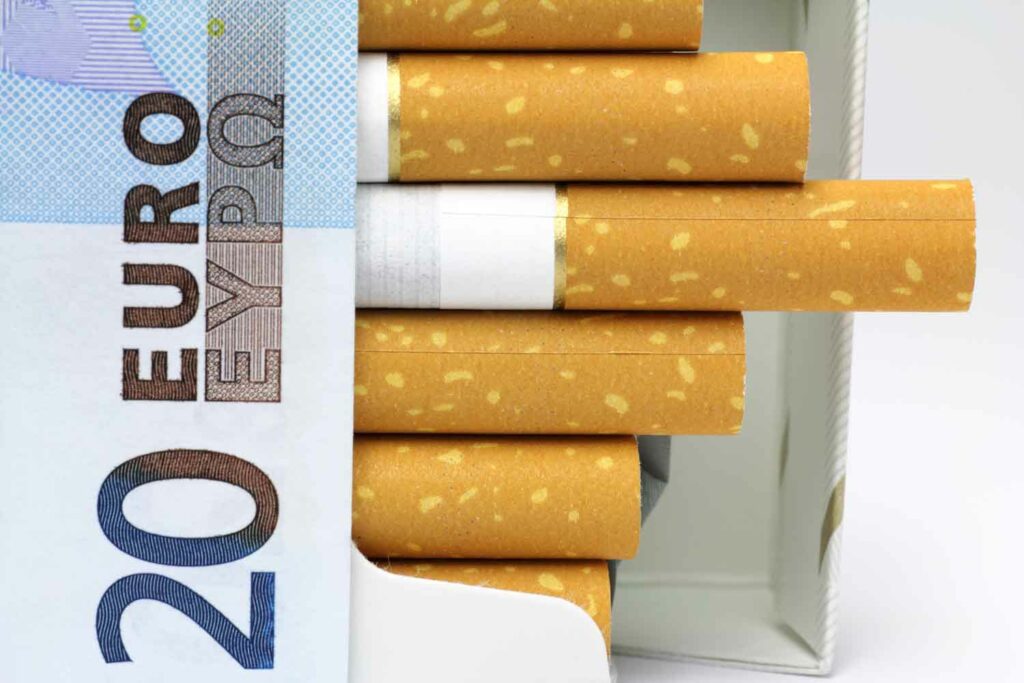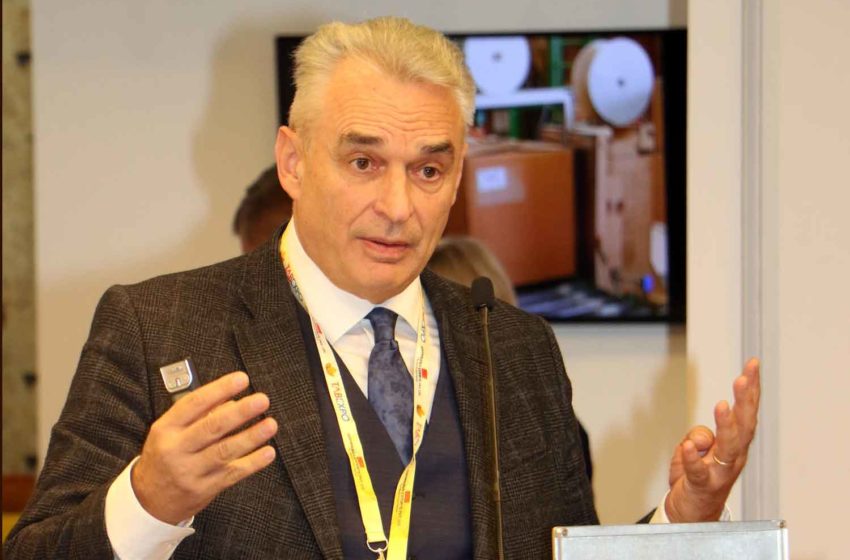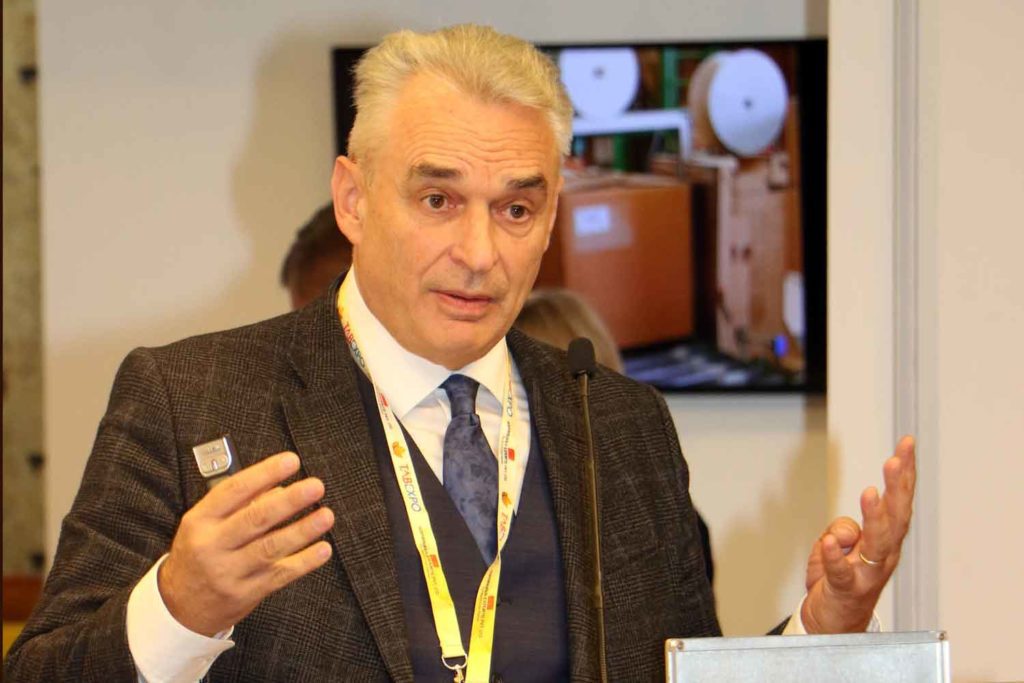Following the Europe-wide trend, the Baltic countries are reshaping the tobacco market with new taxes and health regulations. These efforts promise dramatic changes to the industry, which is already experiencing shifts due to changes in consumer demand and demographic factors while dealing with the large-scale counterfeit problem.
The Baltic region comprises three post-Soviet republics: Latvia, Lithuania and Estonia. Over the past decades, all three countries have been facing similar trends in tobacco consumption, including waning demand for cigarettes.
“Within tobacco in the Baltic states, cigarettes are expected to continue struggling to maintain demand in 2024,” Bogdanas Poletajevas, senior analyst at Euromonitor International, told Tobacco Reporter.
In 2023, around 1.9 billion cigarettes were consumed in Latvia, 2.47 billion in Lithuania and 1.29 billion in Estonia, KMPG said in a recent report.
In recent years, cigarette consumption followed a steady downward trend, the company noted. For example, in 2020, cigarette consumption in Latvia stood at 2.1 billion, in Lithuania at 2.88 billion and in Estonia at around 1.5 billion.
A steady depopulation process is one of the factors driving down cigarette consumption across the region. As of 2023, Latvia’s population was estimated at 1.8 million, Lithuania’s at 2.6 million and Estonia’s at 1.2 million. Compared with 2015, when the region boasted 6.2 million citizens, the number of residents dropped by nearly 20 percent.
Several factors are in play, including weak demography and continuing emigration as a large number of young people seek job opportunities in Western European countries.
In addition, the Baltic region is influenced by a general trend of cigarettes gradually losing their popularity in the developed countries.
“Smoking prevalence in terms of cigarettes continues a worldwide trend of gradual decrease,” Poletajevas said. “This was underpinned by heightened health concerns as well as an increase in excise taxes and high inflationary pressure on energy and transportation costs, making cigarettes more expensive.”
However, in the past few years, the cigarette market benefited from a surge in political tensions.
In 2023, the share of smokers in Latvia slightly increased, LSM, a local news outlet, reported without providing concrete figures. To some extent, the tendency is attributed to rising stress and anxiety in the context of the Ukrainian conflict.
“Increased stress levels can drive people to smoke. The geopolitical situation, problems at work, the political and economic situation in the country and possibly price increases [are among contributing factors]. During periods of increased stress, people start smoking to feel a sense of calm,” Agnese Ritene, president of the Association of Pharmacies of Latvia, told LSM.
Indeed, opinion polls in the past couple of years indicate elevated anxiety levels among the citizens of Baltic countries, which border Russia and Belarus in the east.
The rise in the number of smokers against this background is tangible. For example, in the age category between 15 and 24, the number of smokers spiked by 18 percent in the past two years, according to the Latvian Center for Disease Control and Prevention.



